Humans tend to think that animals are showing off their love when licking our hands or faces. Wrong, your cat isn’t licking you to share is feelings. Is there another reason why they are so obsessed with licking you so incessantly? Yes!
1. Memories From Being a Kitten
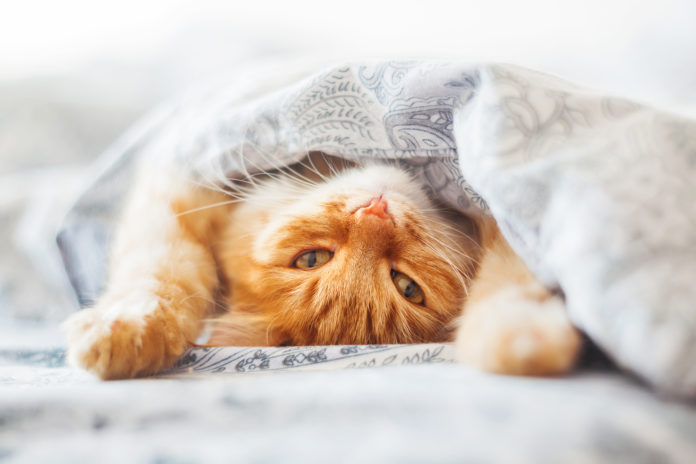
A kitten gives you a bath with its tongue because it accepts you as a member of his family and feels completely safe when it is with you. It remembers how its mother washed it as it was a kitten and now continues doing what it has learned, only with the reversed roles. Your cat takes care of you in the best way it knows—keeping you clean and claiming that you are his own human.
2. Mine, Only Mine!
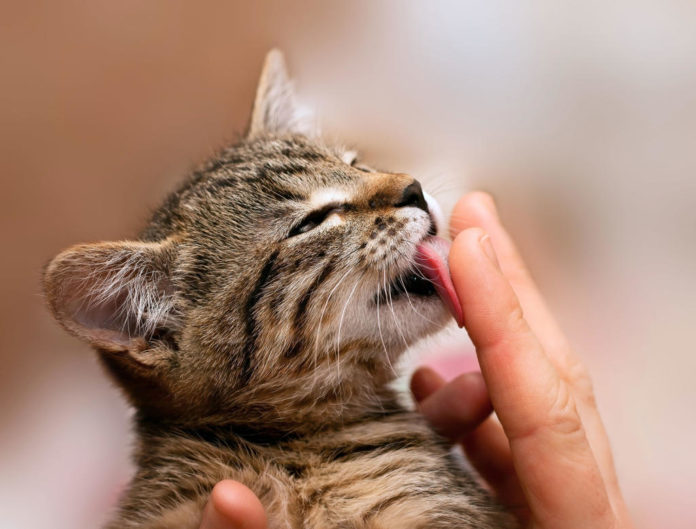
Licking is also a sign that your cat is establishing its territory. Animals tell intruders to stay away with smells. Cats that are brothers and sisters or come from different litters, but get along pretty well together. They will lick each other like a form of social bond. Licking you is a gesture to bind you to each other.
3. Replacing Teats
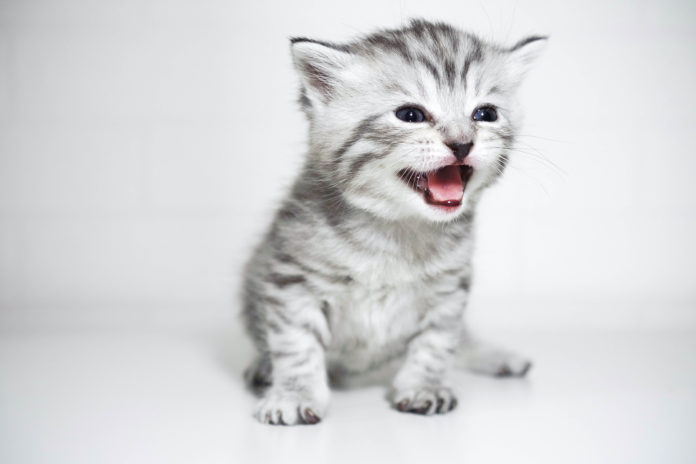
Cats who have been weaned too soon or who have been orphaned develop an oral fixation that makes them excessive lickers. They missed their fair share of breastfeeding and without proper stopping, licking is the closest they can get to the soothing comfort that breastfeeding used to provide them. Another sign of early weaning is kneading accompanied by purring of satisfaction and what looks like a smile on his face.
4. Licking Is Like Kneading
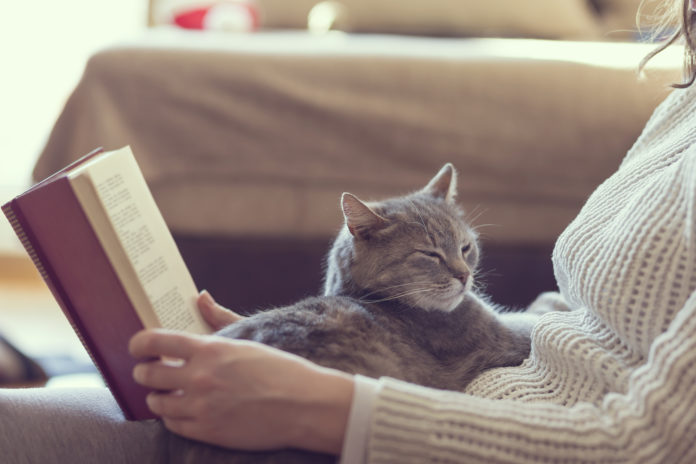
For a cat, licking his owner is it’s his own version of taking care of you. Kneading and licking is a form of affection for cats. Since it cannot take care of you, it licks you instead. It has no idea that his tongue hurts a bit, though.
5. Maintain Group
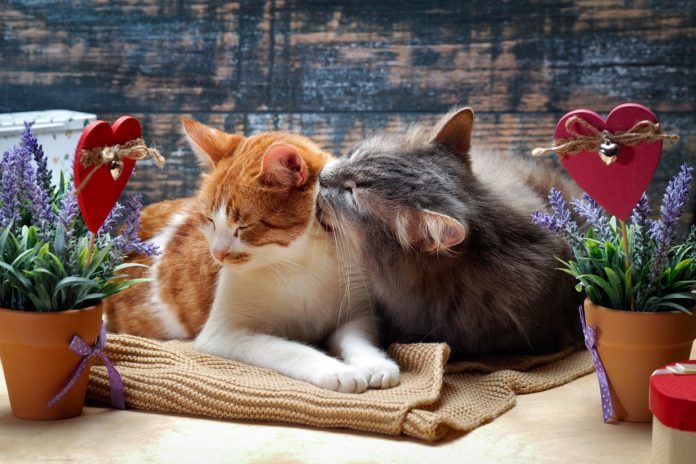
It is common for cats to lick each other off. It’s a sign of solidarity; cats help each other because certain particularly places can be hard to reach. Licking is a part of their education. Then if you notice the same behavior towards humans, it’s simply normal since you’re now part of your group.
6. Translate a pathology
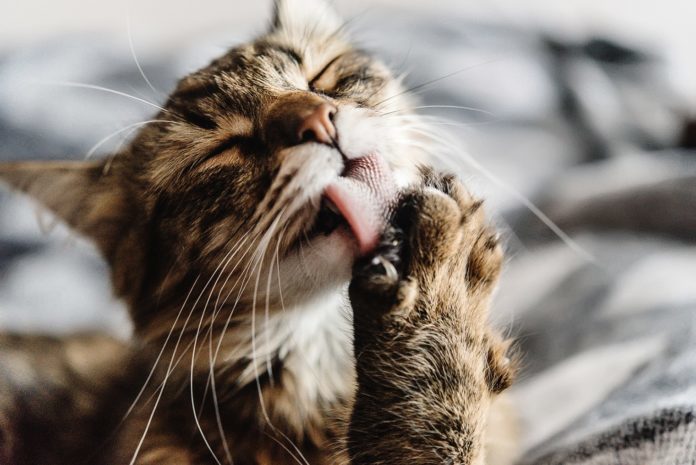
There is a pathology, feline hyperesthesia, which exacerbates the sensitivity of the different senses of a cat. This pathology can include the excessive licking of the cat on his back, legs and the base of his tail. It’s also very possible that a cat starts licking his owner in a morbid way.
7. High sense of smell
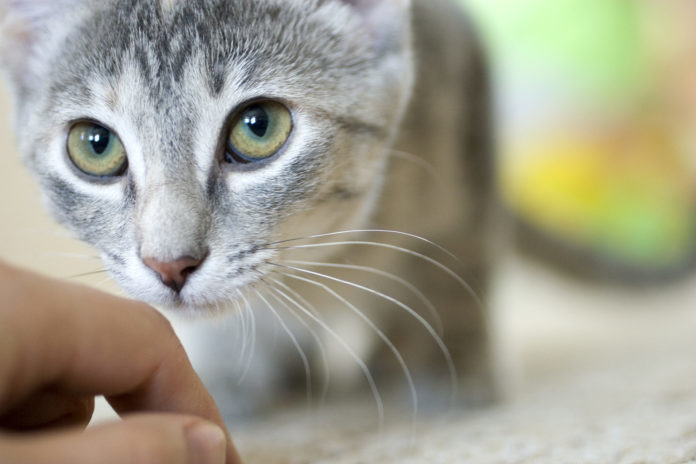
Cats are very reactive to specific odors or an unusual smell. A simple example is their excitement whenever you open a tuna can. If you have a cat, you have certainly experienced this situation where you open a cane of tuna, it becomes crazy. Of course, if your hands have been in contact with the tuna, for example, there is a good chance that they will smell. Your cat will therefore imperatively lick you.
8. “Caressed-bitter” cat
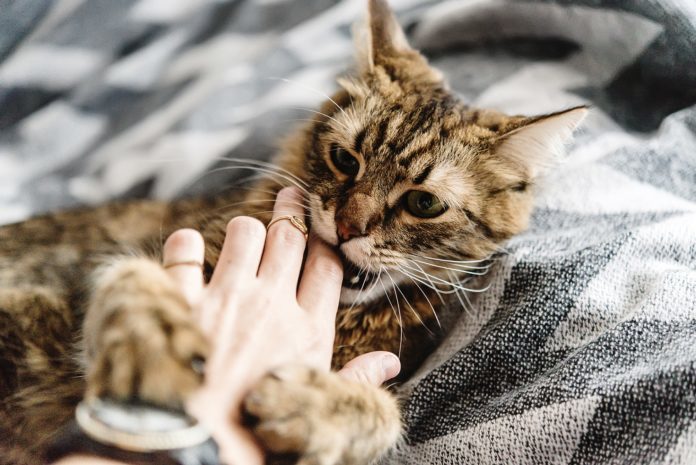
Have you ever heard of the type of “caressed-bitter” cat? This is the cat that will come to you for hugs, but who will decide how much hugs that he will receive. Indeed, if a cat licks you while you are caressing him, he wants to signify that he had enough. If you do not stop, he will start biting you.
9. Strong Anxiety
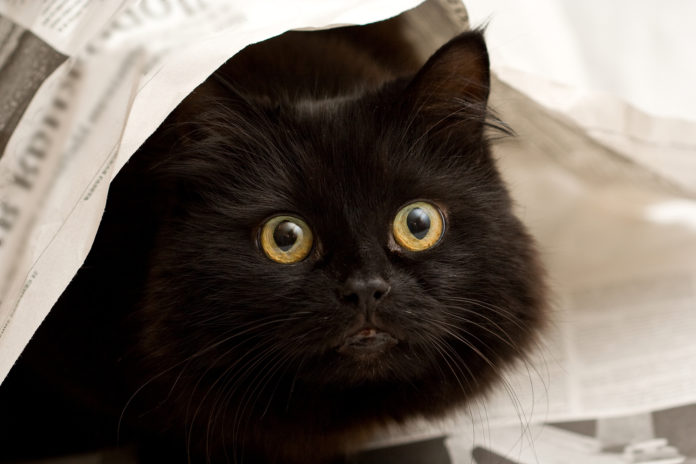
When a kitten is particularly anxious, it can begin to compulsively lick. This is a good indication that it must be caressed and cuddled to reduce his stress. If your cat seems to be constantly licking, try to give it more attention and affection to soothe it and decrease the licking episodes.
10. Why Does It Hurts?
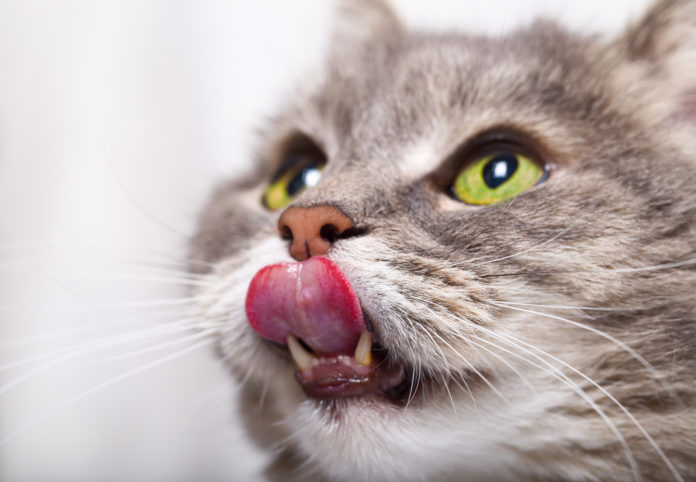
Your cat’s tongue is specially designed for deep cleaning such as cats need regularly. The feline’s powerful tongue is able to actually remove incredible amounts of hair. This ability comes from the taste buds that cover it: hooks that turn back and are made of keratin, which is also the material whose claws are made. The taste buds actually work as a comb to separate the hairs and furs to access the dirt underneath.
11. Non-licking Area
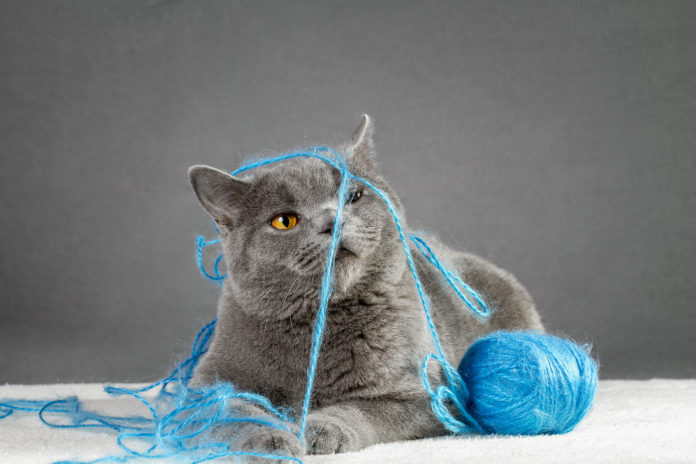
When the licking becomes too recurrent, give your cat a little massage, a little more intense than regular hugs. But you must never reprimand him or punish him for doing what comes naturally to him. Distracting with a catnip toy or throwing small balls across the room is a much more effective way to focus your attention elsewhere. He must know that you understand.
Source: petmd.com


![[Photos] Why WD-40 Is Magic In Your Garden?](https://lifetonik.com/wp-content/uploads/sites/7/2019/08/WD40-Prices-Highres_Page_8_Image_0008-218x150.jpg)
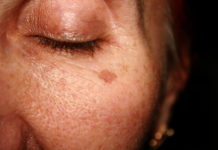


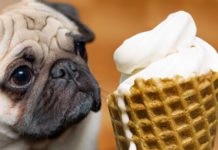

![[Photos] Take A Look Of The Obama’s New Home Before It’s Banned](https://lifetonik.com/wp-content/uploads/sites/7/2019/07/Obama1-218x150.jpg)

![[Slideshow] Celebrity Homes: 21 Of The Most Luxurious](https://lifetonik.com/wp-content/uploads/sites/7/2019/07/Taylor-Swift-218x150.jpg)
![[Slideshow] More Parents Are Now Gluing Pennies to the Bottom of their Kid’s Shoes](https://lifetonik.com/wp-content/uploads/sites/7/2019/07/Keep-Them-Entertained-218x150.jpeg)
![[Photos] 20 Fashion Mistakes That Too Many Women Make!](https://lifetonik.com/wp-content/uploads/sites/7/2019/07/5-style-mistakes-that-make-you-look-frumpy-featured-218x150.jpg)





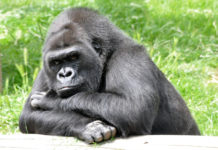




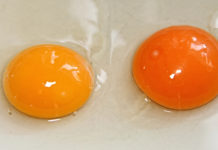
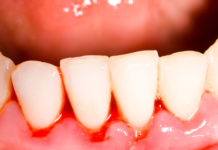







![[Gallery] 25 Discounts For Seniors To Which You Are Entitled Without Knowing It](https://lifetonik.com/wp-content/uploads/sites/7/2019/08/EAZxECUXUAAvNZR-218x150.jpg)
![[Slideshow] Here’s the salary of every governor in the United States](https://lifetonik.com/wp-content/uploads/sites/7/2019/08/Charlie-Baker-218x150.jpg)
![[Photos] No One Will Want To Buy This House After Seeing These Pictures](https://lifetonik.com/wp-content/uploads/sites/7/2019/08/terrible-real-estate-photos-2-5c35e727c9f95__700-218x150.jpg)



